What does ERP Stand for? The ERP Acronym/Abbreviation.
What does ERP Stand for? The ERP Acronym/Abbreviation.
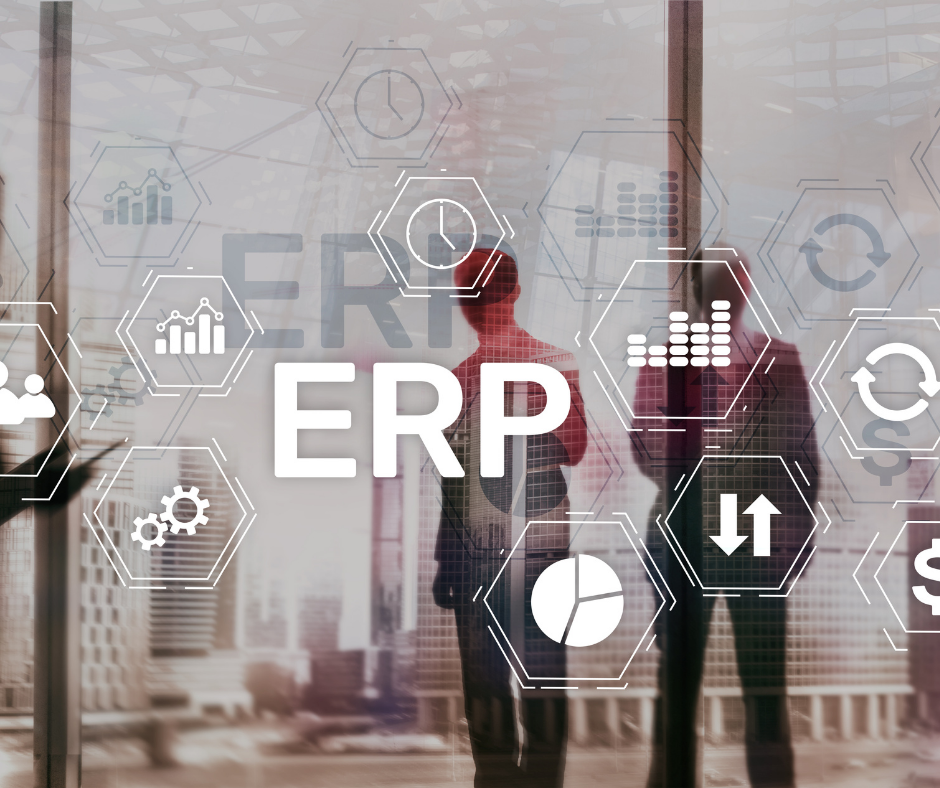
Enterprise Resource Planning (ERP) systems have been used more and more as time goes by. Now-a-days, it’s safe to say ERPs are a very used technology in all industries. But what exactly does ERP stand for? At its core, ERP denotes Enterprise Resource Planning, encompassing a comprehensive approach to managing a company’s resources and processes. ERP software has emerged as a linchpin for optimizing business functions and driving growth.
What Does ERP Stand For?
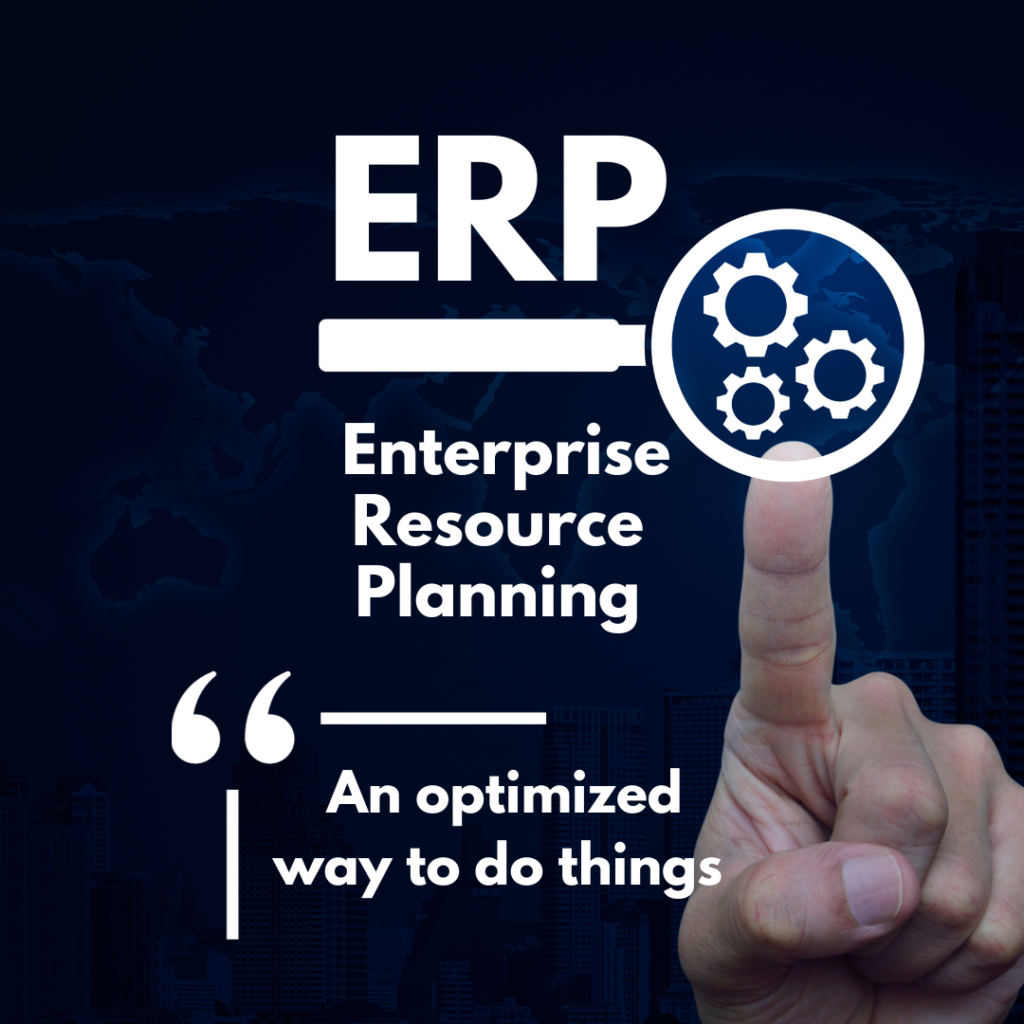
The term ERP stands for Enterprise Resource Planning. This is the literal meaning of its letter description which it is most known as. However in symbolic terms, it is so much more to enterprises all around the globe. For a lot of businesses, ERPs mean a new way of doing things, an optimized way. It automates multiple processes and lets every employee on board focus on more valuable tasks, saving them time and in general optimizing its operations. ERPs can mean the difference between being average and great. And this last statement is the truest of all, most businesses, if not all, acquire an ERP system to improve their performance.
What Does ERP Stand for in Business?
ERP software integrates and streamlines core business processes, spanning from inventory management to financial oversight. By centralizing disparate functions within a unified system, ERP solutions empower organizations to enhance efficiency and agility. Imagine a scenario where every facet of your enterprise, from finance to supply chain management, operates in synchrony, fueled by real-time data and automated workflows.
What are some ERP system examples?
Across diverse industries, ERP systems adapt to unique requirements, offering tailored functionalities to meet sector-specific challenges. In manufacturing, ERP facilitates seamless production processes and enables proactive resource planning. Distribution companies leverage ERP to streamline logistics, enhance inventory visibility, and meet customer demands with precision. Meanwhile, service-oriented enterprises utilize ERP to refine administrative workflows, minimize errors, and elevate customer experiences.
Some key areas that are normally inside an ERP solution are:
- Finance,
- Sales and Customer Relationship Management,
- Human Resources,
- Project Management,
- Inventory Control and
- Supply Chain Management.
No matter the business area, ERPs are designed to speed up your company’s analysis and help obtain better control and wider range of decision making.
ERP Deployment Options
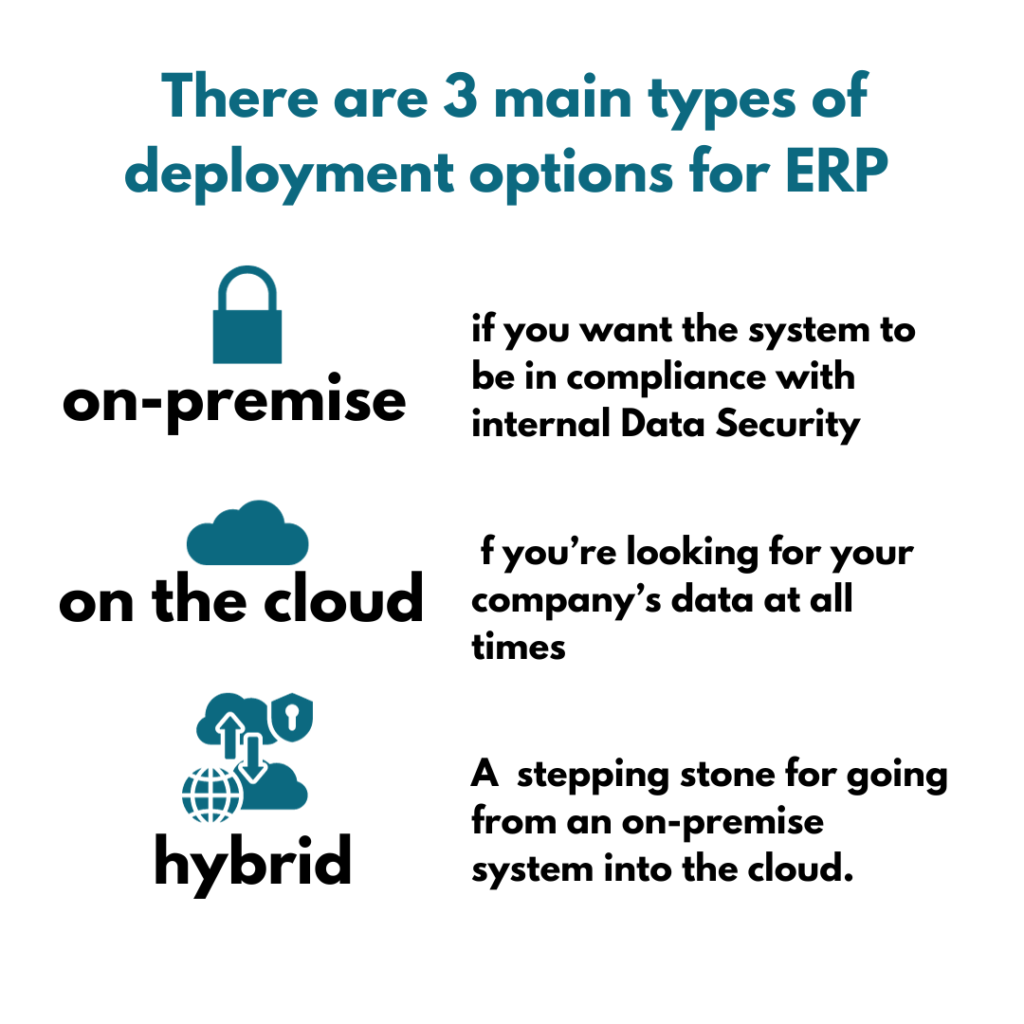
Depending on the deployment option you choose, you can potentially have your enterprise’s information anywhere, anytime with real-time data. There are three main types of deployment options for ERP systems: on-premise, on the cloud, and hybrid. Each option has its own benefits, your selection should be chosen according to your company’s preferences. If your enterprise wanted the system to be in compliance with internal Data Security Policies, you should go for the on-premise deployment option. In addition it gives you a better ability to customize and extend your business process. The downfall is that you don’t have your enterprise’s information everywhere, but it does lessen the internet dependency.
However if you’re looking for your company’s data at all times, you should get the cloud deployment option. By acquiring this option you are enabling yourself to have your enterprise’s data from your Web browser. The last option, the hybrid deployment, is usually used as a stepping stone for going from an on-premise system into the cloud. Nonetheless, it can also be used when you need to satisfy industry regulatory issues. Special security requirements that need an on-premise application can be solved through this deployment. You will also have the benefit of staying accessible from anywhere. Keep in mind that all different deployment options also have different payment plans and prices.
Choosing the Right ERP Deployment
Choosing a deployment option can be a simple way to decide how to start your journey into an ERP system. However, considering your business’ industry can help you identify the best ERP solution for you. In simple terms, there are three general industries in which your business can be found: manufacturing, distribution and service. These are also the top three industries that acquire ERP systems according to a study conducted by SelectHub. It was demonstrated that most ERP users are from the manufacturing industry (47%) followed by the distribution industry (18%) and comes slightly before the service industry (12%).
ERP Systems through different Industries
Manufacturing Industry

ERP solutions first traces can be found inside the manufacturing industry, mainly due to its potential to keep control over various processes. As you can imagine, manufacturing operations must function seamlessly for the enterprise to be able to create its products. This is the main reason why manufacturing companies tend to acquire ERP solutions. Some other benefits include the optimization of each stage by creating forecasts. But overall, the most seeked benefit is process automation. Automation helps mostly within the production and distribution of products. This eventually leads to an overall improvement of the supply chain management inside companies. Also, it strengthens communication between departments.
Distribution Industry
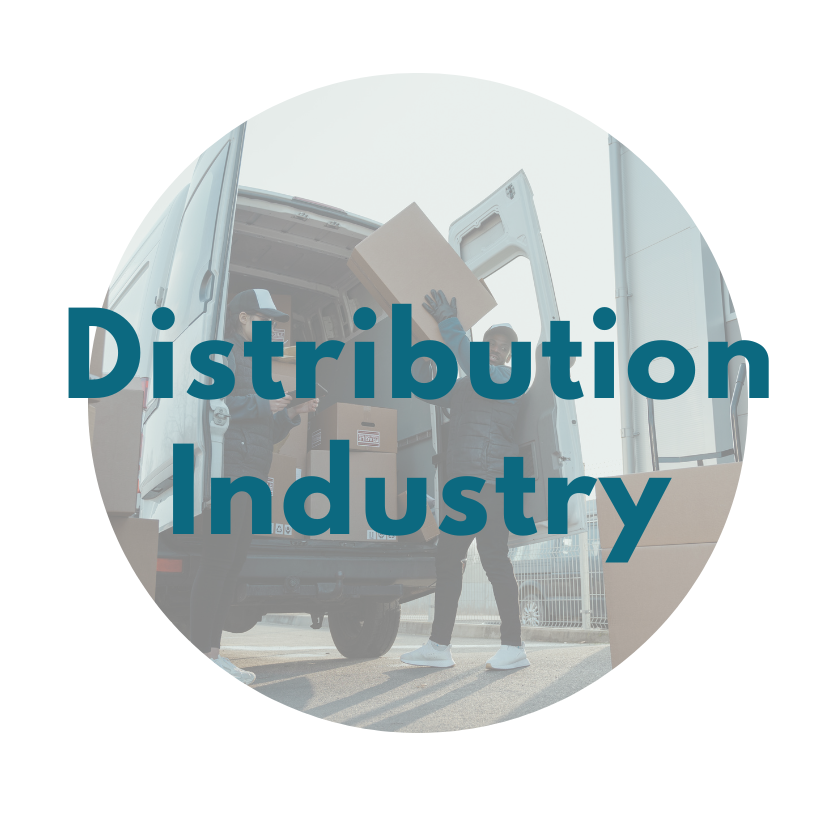
Now before exploring another sector we want to clarify one basic concept. Note that most ERP systems for any industry have the same base: unifying all functions. However they stay adaptable for your company’s and industry’s needs. You just need to identify which priorities your company has and find a partner that can help you incorporate solutions inside the system.
There are some basic characteristics that can differentiate a system from one industry to another. For example, a distribution ERP systems help you manage shipping and transportation logistics, track inventory levels, forecasts product demand, and in general help you unify all the processes that entail receiving a product from your supplier and making sure your customers receive it. Most distribution companies acquire this system to better keep up with demand, to grow and still deliver the best service possible. This can be done by correctly managing all the involved data and automating some of these processes. As a whole, these efforts will result in better competitiveness and increasing customer satisfaction.
Service Industry
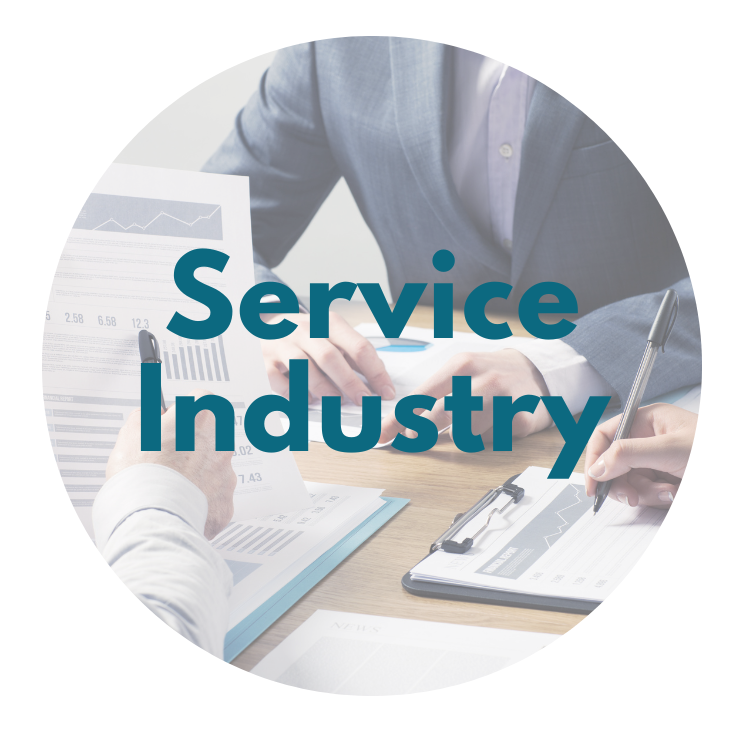
Lastly, when talking about ERP for the service industry, it basically refers to the decreasing of human errors inside most administrative parts inside a business. We’re talking about an easier, automatized way of keeping track of finances, human resources and customer relationship management. Obtaining this type of software allows a company to grow without the concern of having mistakes inside the financial part of the enterprise and consequently being able to make better choices that help the company’s overall performance.
Additionally, you can also keep tight control over all data pertaining to customers and employees, knowing at all times the status of each one. With these information flows and the connection of departments you can also increase your understanding of how things work inside the enterprise. With the right information, you’ll be able to make necessary adjustments in order to either improve and strengthen the weak links or learn exactly what you are doing right.
What does CRM stand for?
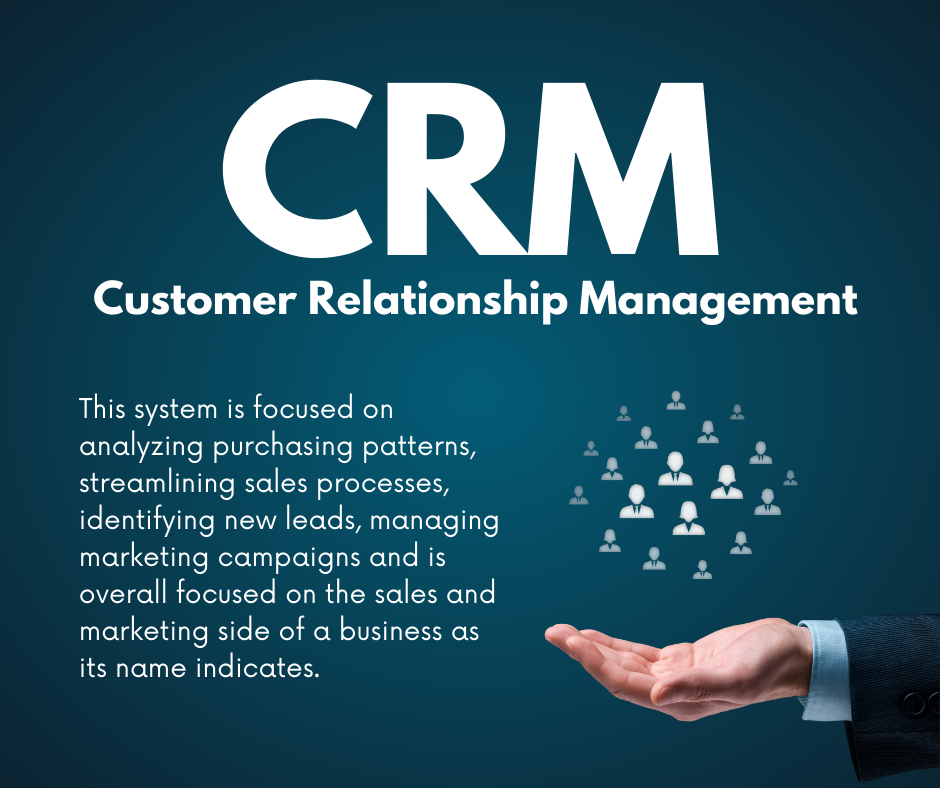
The term CRM represents Customer Relationship Management. It refers to a system that helps with the overall management of your enterprise’s interactions with its customers. This system is focused on analyzing purchasing patterns, streamlining sales processes, identifying new leads, managing marketing campaigns and is overall focused on the sales and marketing side of a business as its name indicates.
A great way to use this system is to incorporate it with an ERP software, so you can have a more specialized sales department while also unifying other important areas inside your enterprise and an ERP does. Both CRM and ERP systems are often compared and found to be different in terms of focus, however both can be joined to form a stronger business. A CRM specializes in the business front-end, while an ERP system is more specialized in the back-end part of the business while also incorporating some sales and marketing aid, however not as detailed as a CRM.
As you may have seen throughout this blog there are various benefits in using an ERP system, the choice is up to you. You can be from any industry and benefit from this type of software. Choosing an ERP depending on your company’s requirements, interests and goals is completely achievable with the right partner, who can also help integrate the ERP alongside previous systems.
An Enterprise Resource Planning system is a great tool that can help any business grow cohesively inside any industry.
Are you interested in learning the benefits of an ERP inside the distribution industry?

